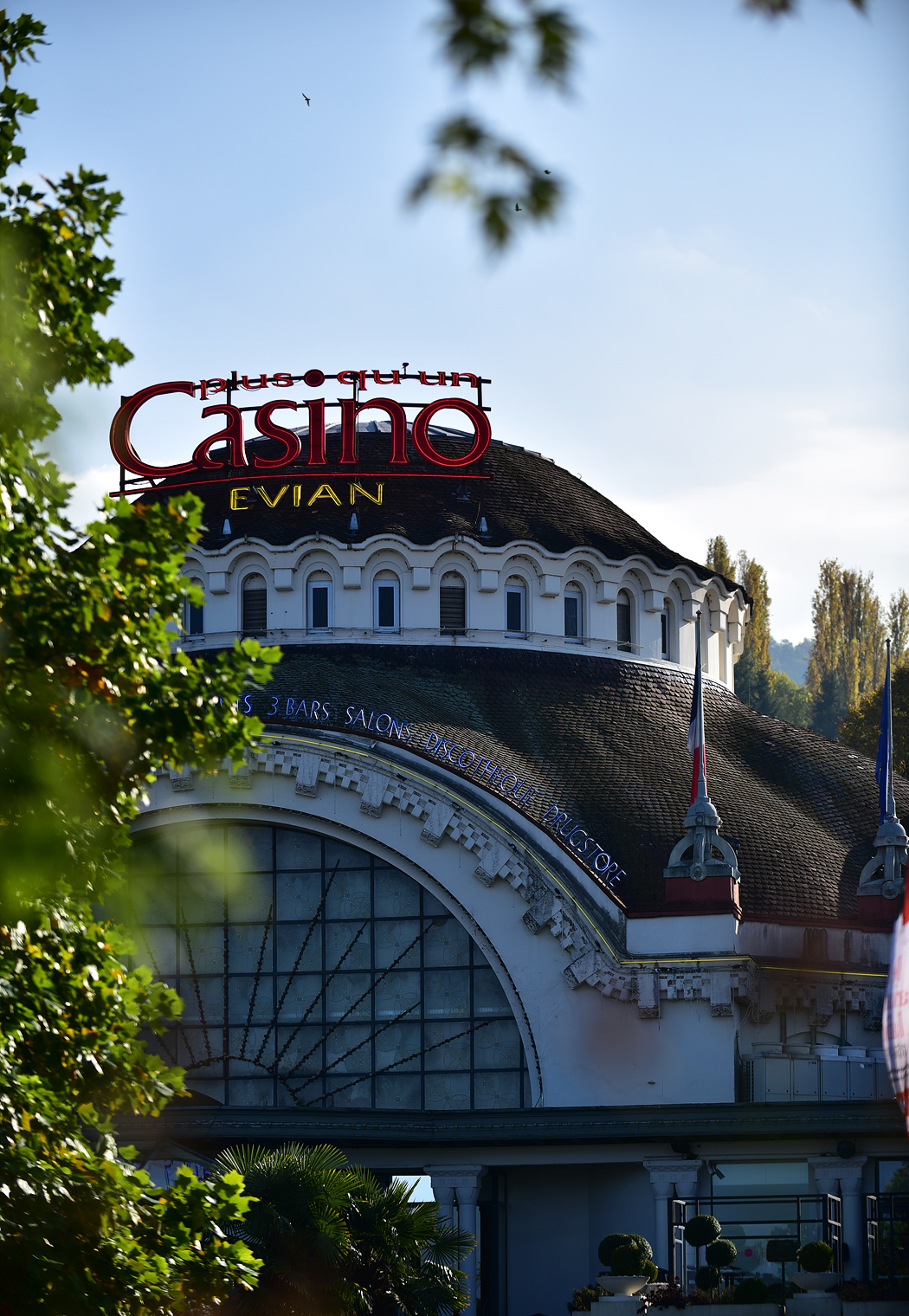Casino entertainment have long been a engaging entertainment option, drawing millions of players from varied cultures around the globe. From the glitzy casinos of the Strip to the bustling gambling halls of the Cotai Strip, these games serve as a link that connects people across various backgrounds. The allure of chance, skill, and risk entices not only those hoping to strike it rich but also those looking for a shared experience.
The influence of casino games extends well beyond the gaming floor. They often represent the cultural standards and traditions of the societies in which they prosper. Games such as seven-card stud, 21, and the wheel game have integrated into the fabric of mainstream culture, influencing everything from movies to clothing. As we explore this intriguing intersection of luck and life, we can gain insights into how these games shape and are affected by the world around us.
Historical Progression of Casino Games
The roots of gambling activities can be tracked back to historical civilizations, where betting in different forms was extensively practiced. In Ancient China, around 2300 B.C., a form of lottery known as Keno was well-known, while in ancient the Roman Empire, soldiers would regularly gamble on the consequences of their contests. The idea of using chance for entertainment and income evolved over the centuries, leading to the formation of more organized activities. By the late Middle Ages, betting houses began to surface in Europe, especially in Italy, which brought forth early incarnations of famous activities still played today.

As betting increased popularity in European regions, the 17th and 18th centuries saw the appearance of gaming houses as specialized establishments for betting. The first official casino, the Ridotto, was founded in Venice in 1638, featuring activities like the game of Baccarat and Faro games. This period marked a major shifting point, as casinos commenced to draw not just the wealthy but also the growing middle-income class. The refinement of activities increased, leading to the creation of new regulations and versions that improved the gaming experience.
In the 19th century, the industrial age and transformations in social norms further changed the environment of gaming activities. The introduction of the game of roulette and modern one-armed bandits drew a more diverse audience, and gaming houses became seen as legitimate forms of recreation. This era witnessed the globalization of gambling, as gambling houses expanded from Europe to the New World, culminating in the establishment of the iconic Las Vegas Boulevard in the 1900s. The evolution of gambling games has persisted into the modern era, integrating new technologies and digital platforms, making them available to a worldwide market.
# Cultural Importance in Different Cultures
Casino activities have deep-rooted social significance across many societies throughout the world. For instance, in Las Vegas, the very essence of the city is woven around gambling establishments, where gambling is not just a hobby but a fundamental aspect of entertainment and community life. The vivid lights and vibrant atmosphere attract millions, showcasing how gambling activities can influence local economies and cultural uniqueness. https://oke179.club This setting transforms the notion of leisure into an enriching experience that affects fashion, sound, and even cinema.
On the other hand, some cultures view gambling with an air of caution, viewing it through the lens of ethical considerations and customs. For example, in various Eastern cultures, games like Mahjongg and Pai Gow Poker are steeped in history and have significant social implications. These games are often played during get-togethers and celebrations, fostering collective connections and reinforcing kinship ties. The act of playing these games goes beyond mere amusement, reflecting values such as deference to seniors and the significance of communal fun.
Meanwhile, in European countries such as Monte Carlo and the Italian Peninsula, gambling activities serve as symbols of luxury and refinement. The refined atmosphere of these venues attracts both visitors and locals, reinforcing a sense of status and rarity. The art of poker and the tactical components of games like banker’s game are appreciated, shaping interpersonal interactions and cultivating an attraction that captivates a varied audience. This emphasizes how games of chance can simultaneously echo and shape cultural perspectives towards hazard, reward, and relationship building.
Economic Impact and Travel Industry
Casino games play a crucial role in the financial context of many regions, particularly those that depend significantly on tourism. The revenue produced from gambling establishments fuels local economies, creating jobs not only within the casinos but also but also in connected industries such as hospitality, restaurant services, and recreation. This surge of tourists, drawn by the allure of gambling and the overall gaming environment, stimulates spending across multiple businesses, contributing to the economic health of the area.
The presence of casinos often leads to the construction of facilities, including hotels, public transit, and recreational facilities. These developments are essential in enhancing the overall tourist experience, making locations more attractive to visitors. Additionally, many casinos invest in local communities through sponsorship of activities and charitable initiatives, further embedding themselves into the social fabric of the region. Such investment not only supports economic growth but also fosters a positive reputation of the gambling sector.
Moreover, the global popularity of casino games drives tourism competition, with locations vying to attract players from across the globe. Iconic locations like Las Vegas and Macau have become synonymous with casino culture, drawing millions each year. This advantage encourages creativity and diversification within the gambling sector, influencing developments in leisure and accommodation that resonate beyond their limits. The ripple effects of this visitor influx extend wide, impacting local financial health and cultural exchanges on a global scale.